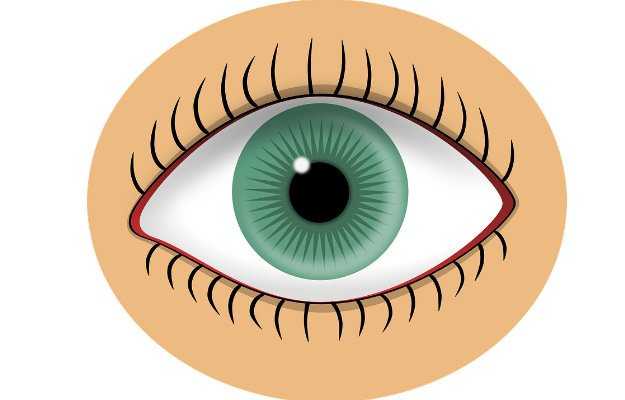What is a corneal ulcer?
Corneal ulcer, also known as keratitis, is a serious inflammatory condition of the cornea of the eye. The overall prevalence in India remains unknown.
What are its main signs and symptoms?
Symptoms include:
- Redness in the eye
- Pain and soreness of the eye
- Discharge or pus in the eye
- Irritation in the eye
- Tearing
- Light sensitivity
- Blurry vision
- Swelling of the eyelids
- White spots on the cornea
What are its main causes?
A corneal ulcer can be caused by the following:
- Bacterial infection:
- Commonly seen in those wearing contact lens, especially for an extended time.
- Viral infection:
- Especially, herpes simplex virus causing cold sores.
- Triggered by stress, weakened immunity, and sunlight exposure.
- Fungal infection:
- Use of steroidal eye drops or incorrect use of contact lenses can cause fungal infections of the cornea.
- Parasitic infection:
- Due to acanthamoebic infections.
- Burns or injury to the eye.
Risk factors involved are:
- Use of contact lenses.
- Having cold sores or chicken pox.
- Use of eye drops consisting of steroids.
- Eyelid disorders.
- Injury or burn to the cornea.
How is it diagnosed and treated?
A routine eye check-up may be performed initially, combined with medical history, history of recent eye injuries, if any, and use of contact lenses. The other tests that may be used for further investigation are:
- Slit lamp exam.
- Fluorescein stain: To highlight any damage in the cornea.
- A culture of the scrapings: To detect the type of infection.
- Confocal microscopy: Provides an image of individual cells in the cornea.
- High-definition photography.
The treatment involves the use of antibiotics, antifungals, or antiviral eye drops for corneal ulcers. After the infection subsides, you may be given steroidal eye drops. Painkillers may be provided to reduce pain, if any.
A surgical approach would be a corneal transplant to restore vision.
Self-care tips:
- Wear eye protective goggles or eyewear to protect from further damage.
- Remove contact lenses before sleeping.
- Wash your eyes frequently with cool water to prevent infection.
Consult your physician immediately to avoid permanent vision damage or blindness.

 OTC Medicines for Corneal Ulcer
OTC Medicines for Corneal Ulcer















